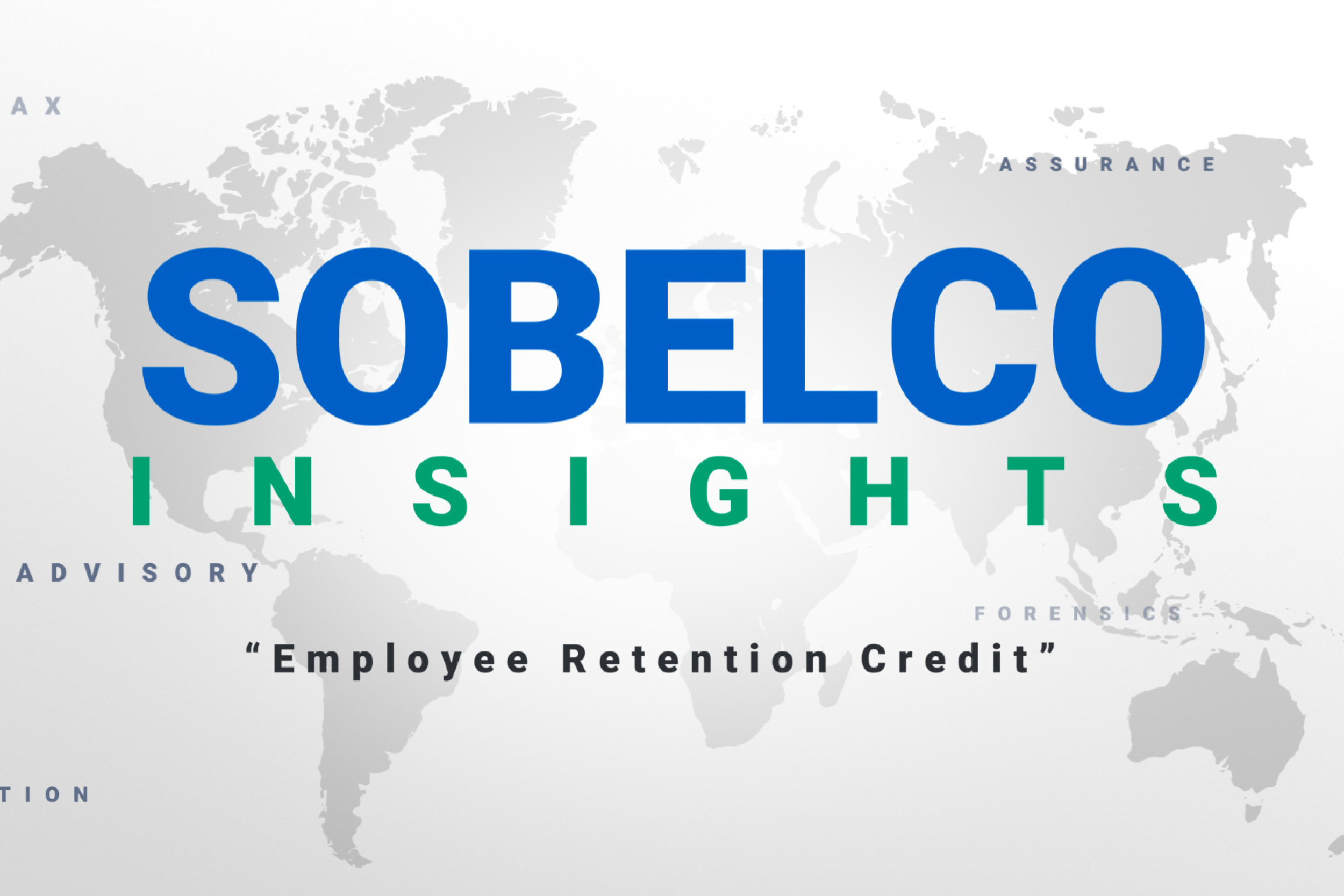
Businesses handling cash transactions may be required to report some of those transactions to the Internal Revenue Service. The law requires businesses to report cash receipts in one transaction or in two or more transactions totaling $10,000 or more to the federal government. These transactions need to be reported to the federal government on Form 8300 for every transaction that involves a cash receipt of $10,000 or more by a single individual.
Cash vs. Non-Cash
What does cash really include? Per the Internal Revenue Service definition, cash not only includes coins and currency of the United States and a foreign country, but it also includes cashier’s checks, bank drafts, traveler’s checks, and money orders with a face value of $10,000 or less. The monetary instruments that are not categorized as cash are cashier’s checks, bank drafts, traveler’s checks, and money orders with a face value of more than $10,000 as well as personal checks drawn on the account of the writer. This type of monetary instruments are not considered cash because they are reported by the financial institution issuing it when the customer uses currency of more than $10,000 to purchase such monetary instrument.
Type of Payments to Report
The IRS provided the following criteria to help businesses determine what type of cash transactions need to be reported:
- Cash received in the amount of $10,000 or more
- This applies if the cash is received in one lump sum or
- Installment payments that cause the total cash received within one year of the initial payment to be more than $10,000 or
- Previous unreported payments that causes the total cash received within a 12-month period to total more than $10,000
- The cash is received in the ordinary course of the trade or business
- The same individual, agent or broker provides the cash
- The cash is received in a single transaction or in multiple related transactions
- Related transactions are transactions between a payer, or an agent of the payer, and a recipient of cash that occurs within a 24-hour period. When the same payer makes two or more transactions totaling more than $10,000 in a 24-hour period the transaction must be treated as one transaction and it should be reported. However, if a business knows, or has reason to know, that a series of transactions is connected even after the 24-hour period has passed, the transactions has to be treated as a related transaction.
If a business is suspicious regarding a transaction, it can voluntarily file Form 8300 to report the suspicious activity by checking the “suspicious activity” box. The cash amount involved in the suspicious activity does not have to be $10,000 or more for the suspicious activity to be reported.
Reporting Cash Transactions
Businesses must file Form 8300 within 15 days after the cash was received. In order to report the transaction, the business must obtain the full name, taxpayer identification number, address, and contact information of the individual making the payment. The form should include the amount of the payment received and a description of the transaction.
Once the form is filed with the IRS, the business must start a new count of cash payment received from the same buyer. The business is also required to provide a written statement to each person listed on Form 8300 in order to notify the individual that the business has filed the form. The written statement does not apply for suspicious activity reporting. The business should also keep a copy of the filed Form 8300 along with the written statement sent to the customer for at least five years from the date the form was filed.
Purpose of Reporting
The law requires the filing of Form 8300 by a trade and business in order to assist law enforcement in its anti-money laundering efforts. The information reported on this form provides the law authorities with information needed to investigate any possible tax evasion, drug dealing, terrorist financing and other criminal actives. Therefore, businesses that fail to file and/or timely filed Form 8300 could be subject to civil penalties of $100 per occurrence and up to $500,000 per fiscal year for businesses making less than $5 million per year. The business could also face criminal penalties for not complying with the law.
Trade and businesses should be aware of the cash reporting requirements when handling cash transactions. Knowing when to report a certain cash transaction will help businesses be in compliance with the law and will prevent the business from being subject to civil and or criminal penalties.


